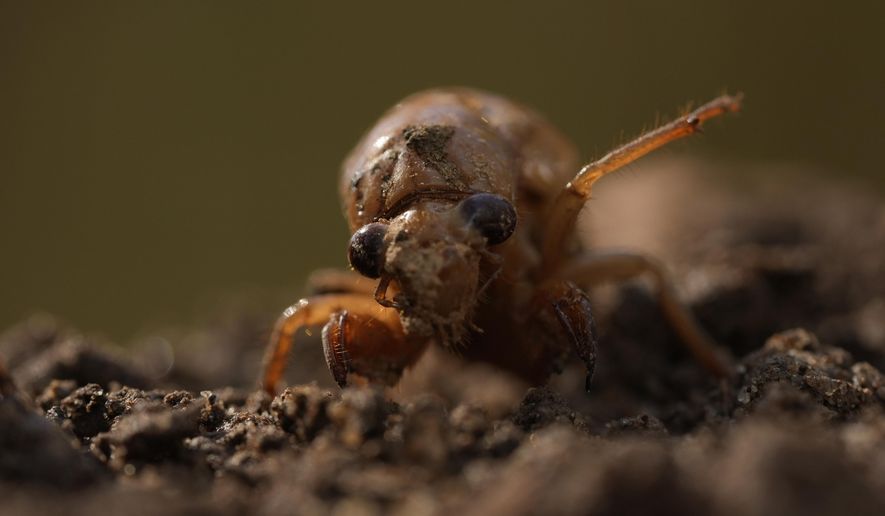A phenomenon is unfolding as billions of cicadas are expected to emerge after spending years underground, with a number of them succumbing to a peculiar infection that transforms them into what scientists call “zombies.”
The insects, which are known for their distinctive, high-decibel mating call, become hosts to a parasitic fungus known as Massopora cicadina. This pathogen has a severe impact on the cicadas, eating away at their abdomens, reproductive organs, and lower body sections and replacing these areas with its own fungal spores.
What is particularly intriguing is the behavior alteration observed in infected males. The fungus effectively hijacks their controls, leading them to mimic the wing-flicking mating signals typical of female cicadas. This manipulative display lures in healthy males, thereby facilitating the spread of the fungus to new hosts.
The fungus “creates a plug of spores that looks like the end of the abdomen is still intact, but it eats away the reproductive organs (making them infertile) and causes the abdominal segments to fall off,” Smithsonian Entomologist and Collections Manager Floyd Shockley told DailyMail.com.
“It creates the plug to keep the cicada alive as long as possible. A dead cicada isn’t a very effective vector to spread to other cicadas,” he said, noting that they appear dead but are “very much alive.”
Typically, a cicada’s life span after its emergence can stretch from four to six weeks. However, those that are infected by this malicious fungus experience a considerably reduced amount of time due to the infection, though exact timelines are difficult to pin down.
“While males and females can be infected equally, the fungus produces a hallucinogenic compound that results in a change in infected males,” Mr. Shockley said. “They are thrown into a sexual overdrive and respond to mating calls of males and will flick their wings like females receptive to mating.”
“By doing so, they can infect males and females alike … and they are tricked into doing so as much as they can for as long as they can before they ultimately succumb to the fungus and die,” he said.
• Staff can be reached at 202-636-3000.




Please read our comment policy before commenting.